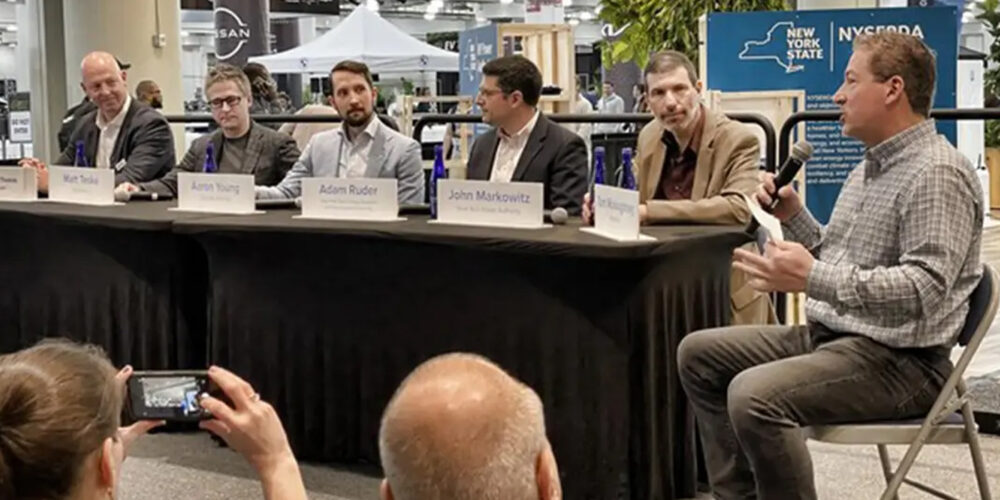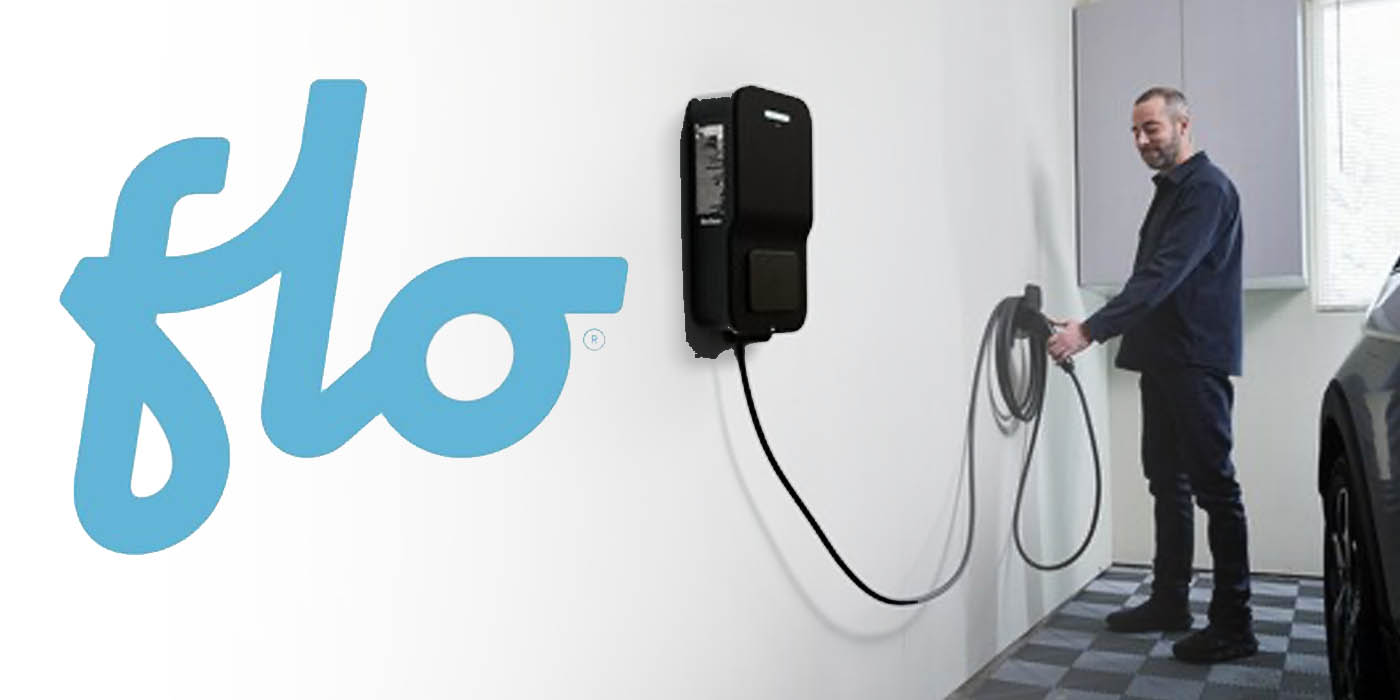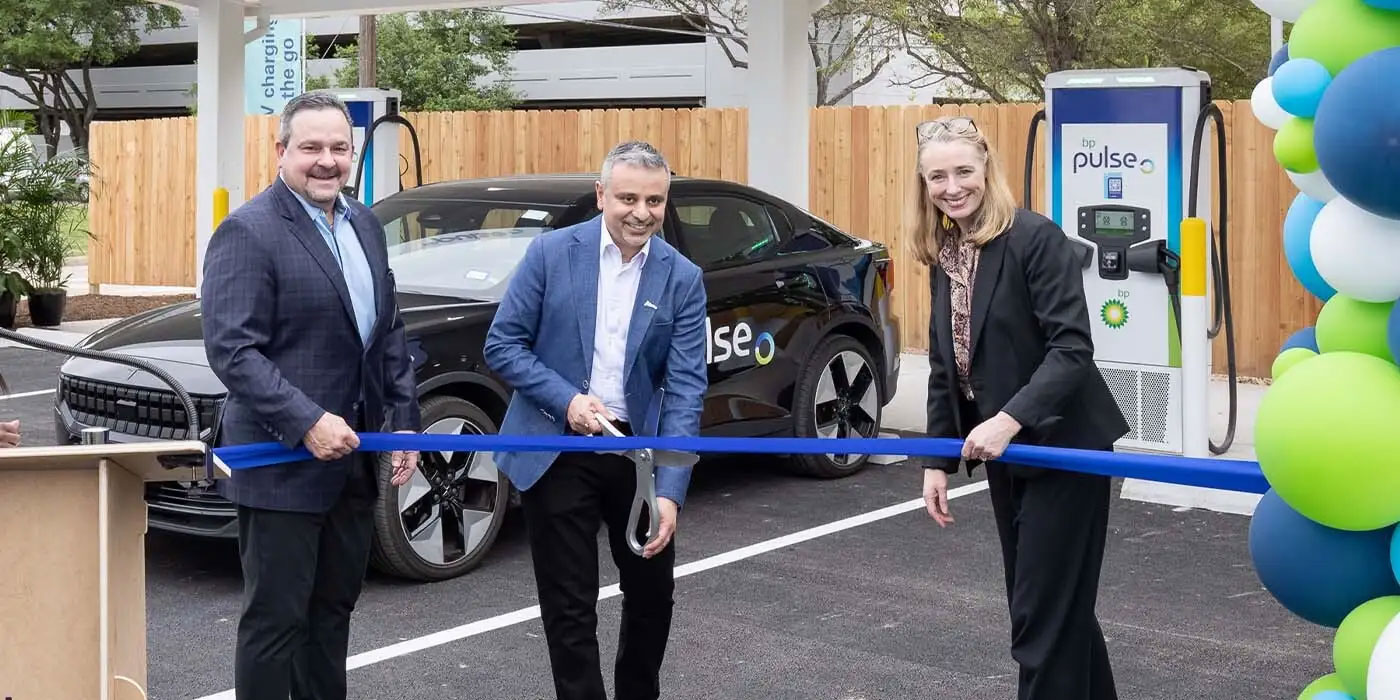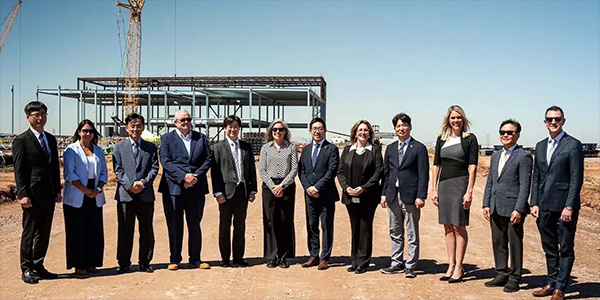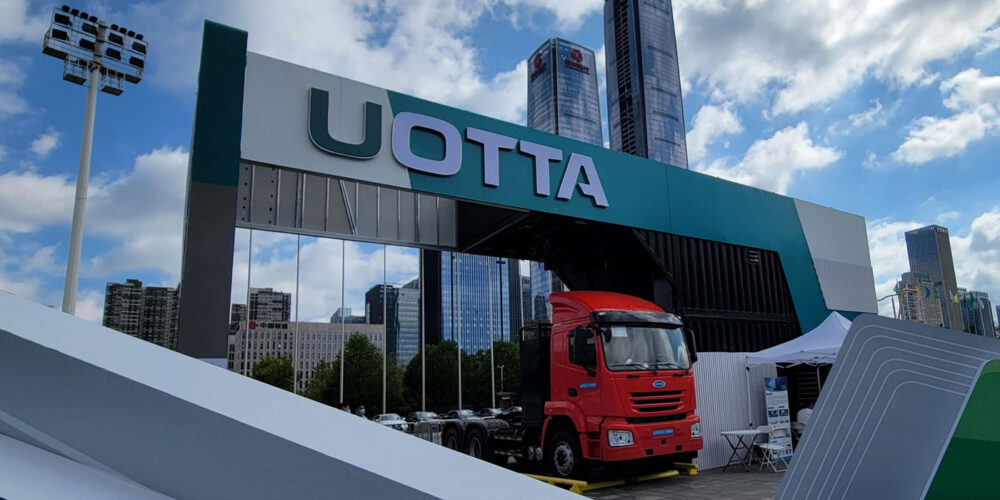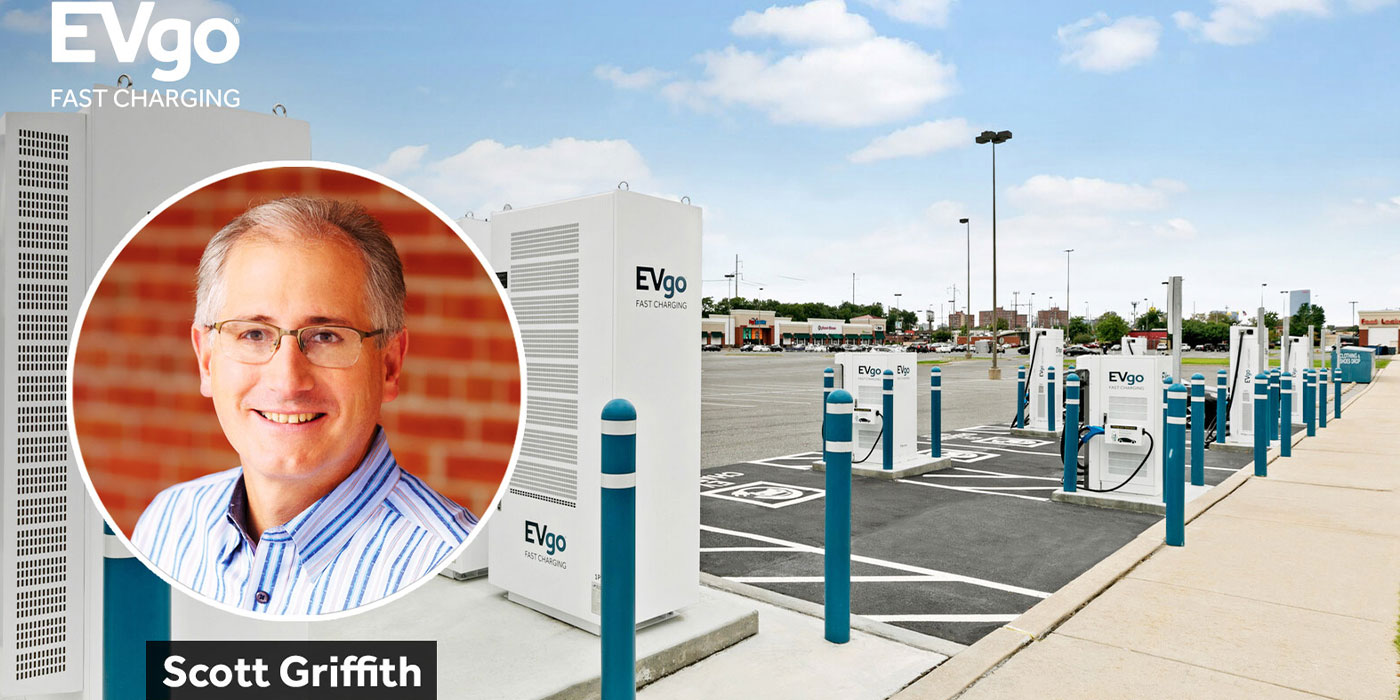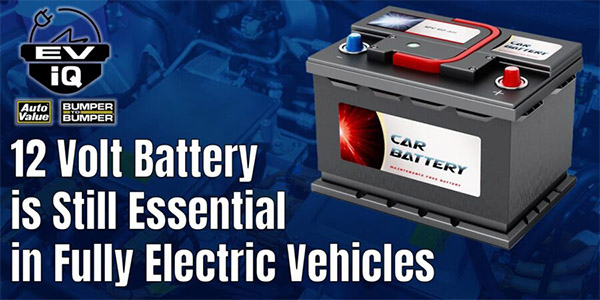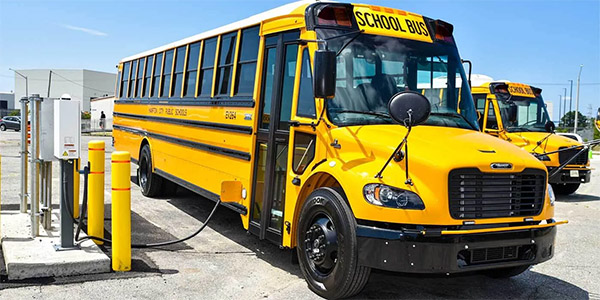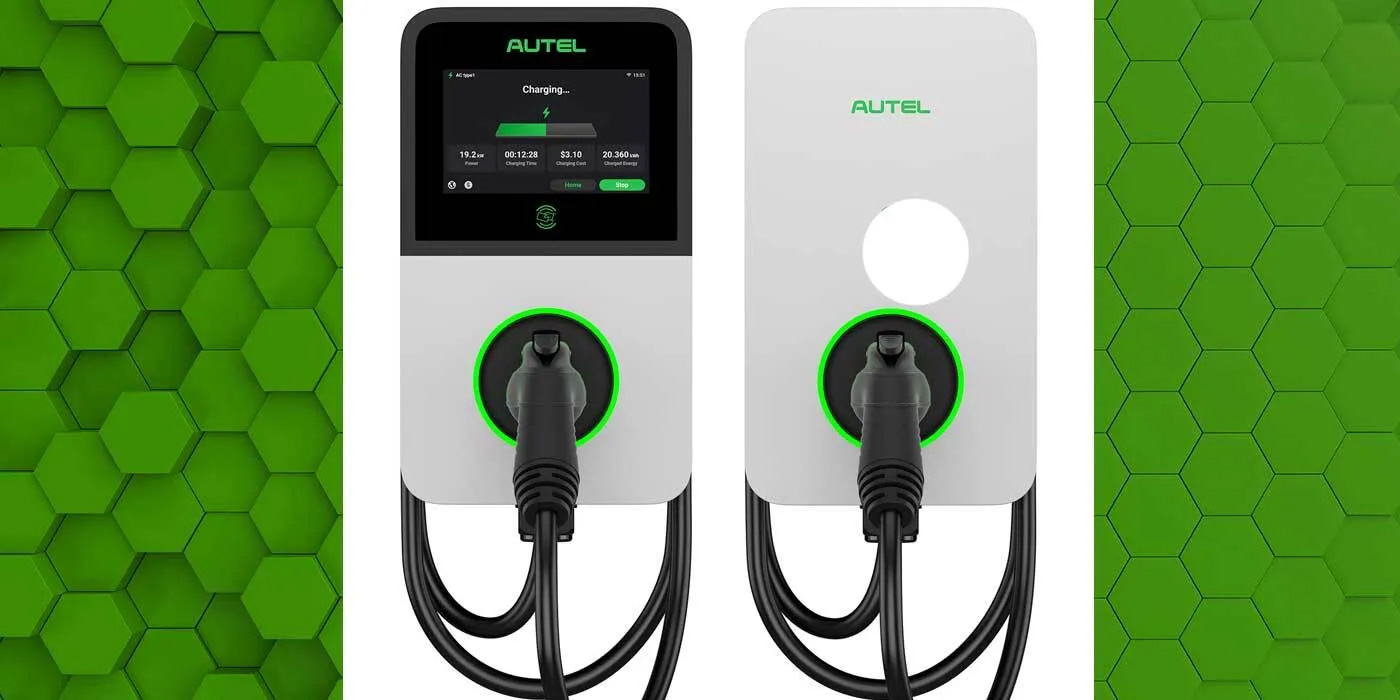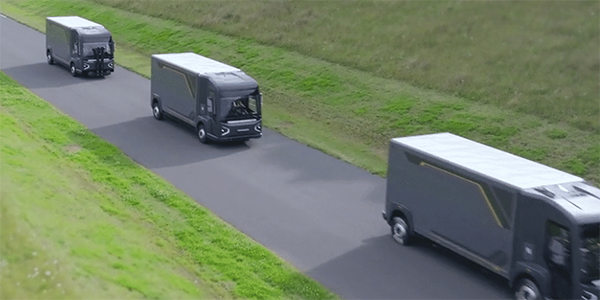Many consumers still have concerns before making an EV purchase, and while cost has been a significant factor in them owning a sustainable form of transportation, limited understanding and knowledge of the current charging infrastructure impedes the continued adoption of electric motor vehicles, according to Autel Energy.
Findings from a survey conducted by Dynata and Hill+Knowlton and presented by Autel Energy, reveal detailed results about buyer hesitation – an uncertainty Autel Energy says it is focused on alleviating.
The quantitative survey, conducted between March 31 and April 1, 2023, used an online data collection methodology of 525 U.S. adults to understand the adoption, mindset and concerns about EV batteries, with a specific focus on charging. The survey found that 54% of adults are interested in owning an electric vehicle in the future, and 68% of families with children at home say they are interested in vehicle ownership.
However, significant concerns have to do with EV charging confidence rather than the quality or substantial impact EV cars can make. Autel Energy says the results of the survey found that:
- Two in five non-EV owners, or 38%, said their understanding of charging is little to none at all, and 27% of current owners said their understanding is limited;
- 51% of those not interested in purchasing an EV said they had little knowledge of EV charging;
- 49% of non-owners have range anxiety or the fear of running out of battery while driving; 51% of EV owners also have range anxiety;
- 46% of non-owners do not know where charging stations are located, while 42% do not know the number of times it takes to charge an EV, contrasted with 44% and 40% of EV owners with the same fears;
- 40% of non-owners are afraid of charging stations not working and are concerned that weather would affect stations up time; meanwhile, 47% of EV owners have the same concerns;
- 38% of non-EV owners and 40% of owners are unaware or concerned with EV charging costs;
- 33% of non-EV owners and 49% of owners are unaware if charging stations work for all types of EV batteries; and
- 61% of EV owners believe all charging stations work for all EV brands.
“One of the primary takeaways from the survey is the understanding from both EV owners and non-owners that an improved charging process and network would significantly enhance the electric vehicle experience, more so than affordable EV pricing,” said John Thomas, chief operating officer, Autel Energy. “The survey concluded that 46% of non-EV owners and 54% of owners would be heavily motivated to make an EV purchase in the future if there was more knowledge about and significant improvement in the charging framework over the next few years.
“For Autel, the key to EV adoption and acceleration is reliable available EV charging hardware combined with consumer education. Charging infrastructure is crucial to owning an electric vehicle and provides individuals and families with travel options that curb carbon emissions and introduce seamless driving experiences. We spent a significant time and effort at the New York International Auto Show focusing on consumer education.”
Featured in the center of Autel’s display at the New York International Auto Show was its tribute to all-things-EV on the Autel Clean Energy Stage, where partners like American Automobile Association; Keith Kerman, chief fleet officer for New York City and deputy commissioner at the Department of Citywide Administrative Services; and Tom Moloughney, senior editor at InsideEVs and host and creator of YouTube’s State of Charge, put on educational presentations to help consumers with the transition to EV, according to Autel Energy.
“While EV charging fears remain, our team at Autel Energy is poised to address apprehension by boosting the EV charging landscape and building confidence and interest in the future of the EV automotive and transportation industry,” Thomas said.

